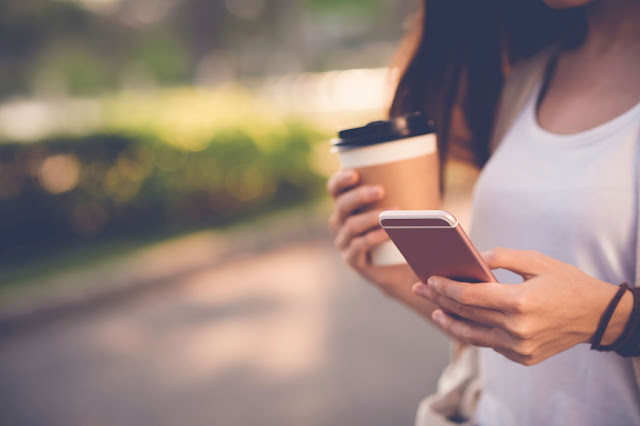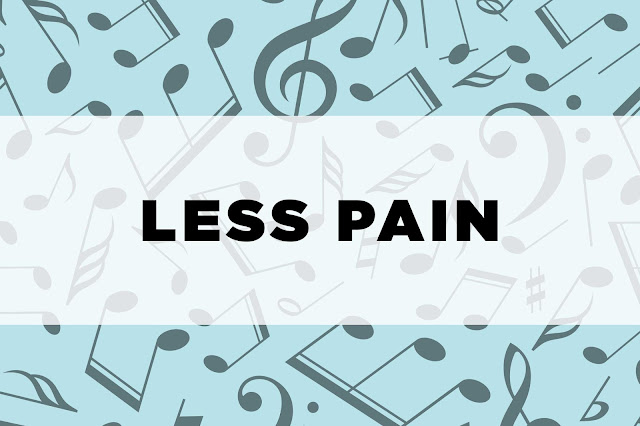Try these games that tap your innate genius to build a happy and resilient brain.
In the summer of 2009, I got a concussion. It didn’t heal properly, and after 30 days, I still had constant headaches, nausea, and vertigo. My doctor told me I should avoid triggering my symptoms. That meant no reading, no writing, no running, no video games, no work, no alcohol, and no caffeine. I joked to my doctor at the time, “In other words, no reason to live.”
There was truth in that joke. I didn’t know it then, but suicidal ideation happens with many traumatic brain injuries, and it happened to me. My brain started telling me, Jane, you want to die. This voice became so persistent that I started to fear for my life.
And then, 34 days after I hit my head, I had one crystal clear thought that changed everything: Either I am going to kill myself or I’m going to turn this into a game.You see, I knew that when we play games, we tackle challenges with more creativity, more determination, and more optimism. I knew this because I’d been the first person in the world to earn a PhD studying the psychological strengths of gamers—and how those strengths can translate to real-world problem solving.
So I created a simple recovery game called Jane the Concussion Slayer. To win the day, I invited my twin sister, Kelly, to call me once daily and give me a quest for the next 24 hours. The first quest she gave me: “Look out the window near your bed, and tomorrow, tell me at least one interesting thing you saw.”
I don’t remember what I saw that day, but I do remember I felt like I had a purpose. And when I told my sister that I had succeeded, I felt fantastic. Within days, the fog of depression went away. It wasn’t a miracle cure for the cognitive symptoms; they lasted more than a year, and it was the hardest year of my life. But even while I was in pain, I stopped suffering.
Taking purposeful action every day sparks your motivation and expands your sense of what you’re capable of. Every time you set your mind to do something—and then do it—you remind yourself of the power you have over what you do, think, and feel.
But don’t just take my word for it. Here are six simple quests you can try right now to feel just a little better.
1. For an Open Mind, Play: Palms Up
What to do: Hands open, turn your palms to face the ceiling, and count to 15. Before you finish, you should start to notice a more open mind-set.
Why it works: Researchers credit a phenomenon called embodied cognition for this powerful mind-body effect, in which our brains take mental cues from physical gestures. When we offer someone a helping hand, ask for help, or prepare to receive something, our palms are upturned; when we reject something or push someone away, our palms face out. Thousands of years of these human interactions may leave us biologically primed to draw openness from upturned palms.
2. For More Willpower, Play: Muscle Up
Need to resist an impulse? Want to steel yourself to do something difficult? Here’s how to get instant mental resilience.
What to do: Squeeze one or more muscles as hard as you can for five seconds. Any muscles will work—your hands, biceps, abs, buns, calves. The more muscles you tense up, the more mental strength you’ll summon.
Why it works: As with “palms up,” the brain looks to the body for cues here. A strong body cues a strong brain, making it easier to muster courage or stick to resolutions.
3. For Closer Friendships, Play: Plus One
What to do: Send a text or an e-mail to someone who might be surprised to hear from you, asking, “On a scale of one to ten, how is your day going?” If he or she messages back a number, reply, “Is there anything I could do to move it from a six to a seven?” (or “from a three to a four,” etc.).
My friend Michael, a philanthropist and an entrepreneur, poses these questions to almost everyone he talks to. After a while, I realized it’s awesome. Consider this reply from my friend Chris after I sent him the “one to ten” question: “Better now that you asked. Truly makes a difference. Was a five, just became a seven.”
Why it works: This trick is an easy way to reconnect with old friends, and as with online games, you don’t have to be face-to-face to do it. By offering to make someone’s day plus-one better, you’re communicating that you care and that the person can count on you for support.
4. For A Mood Boost, Play: Prediction
What to do: Make a prediction about something—anything—that you can personally verify the outcome of in the next 24 hours. It can be big or small, silly or serious. Just make a prediction—and see if you’re right!
Why it works: Making a prediction is one of the most reliable ways to prime the reward circuitry of the brain. “Every prediction you make triggers an increase in attention and dopamine,” says neuroscientist Judy Willis, MD. That’s because every time you make a prediction, two highly rewarding outcomes are possible. You might be right—which will feel good! Or you might be wrong—which will give you information that will help you make a better prediction next time. In fact, “the dopamine boost is often greater when you learn something new and useful than when you succeed,” Dr. Willis says.
5. To Feel More Positive, Play: Superhero
What to do: Take at least two full minutes to list everything you can think of that describes superheroes in general: what motivates them, how they treat others, what they do in the face of danger, etc. For the biggest impact, write down your answers or record them with your phone.
Why it works: Psychologists know that when we’re asked to think about the positive traits of a particular group, we invariably compare ourselves with the group—and in a phenomenon known as positive bias, we usually start by looking for similarities. MIT and NYU researchers found that study participants who made a superhero list were far more altruistic afterward. When asked to tutor local youth, twice as many participants who thought about heroes volunteered as participants who did not; they signed up for double the hours to boot.
6. For Instant Relaxation, Play: Power Breath
What to do: Breathe in while you count slowly to four. Exhale while you count to eight. Repeat for one minute. The trick is to always exhale for twice as long as you inhale. Try it now.
Why it works: Breathing at this rhythm increases your heart rate variability—the slight differences in time from one heartbeat to the next. In the long term, high heart rate variability protects against stress, anxiety, and pain. In the short term, it shifts your body from an anxious state to a calm-and-connected one. Muscles relax, heart rate decreases, and your mood improves. In other words: You’re ready to win the day.
 Dozens of credit cards and loyalty cards weighing your wallet down? Kuper recommends lightening your load by taking advantage of the various pay apps available for smartphones, such as Apple Pay and Android Pay. These apps let you load your credit or debit card information right onto your phone, and all you need to do at the store is tap your device on a sensor to pay. You can also link your loyalty and rewards cards with the app, allowing for quick and easy savings.
Dozens of credit cards and loyalty cards weighing your wallet down? Kuper recommends lightening your load by taking advantage of the various pay apps available for smartphones, such as Apple Pay and Android Pay. These apps let you load your credit or debit card information right onto your phone, and all you need to do at the store is tap your device on a sensor to pay. You can also link your loyalty and rewards cards with the app, allowing for quick and easy savings.




















